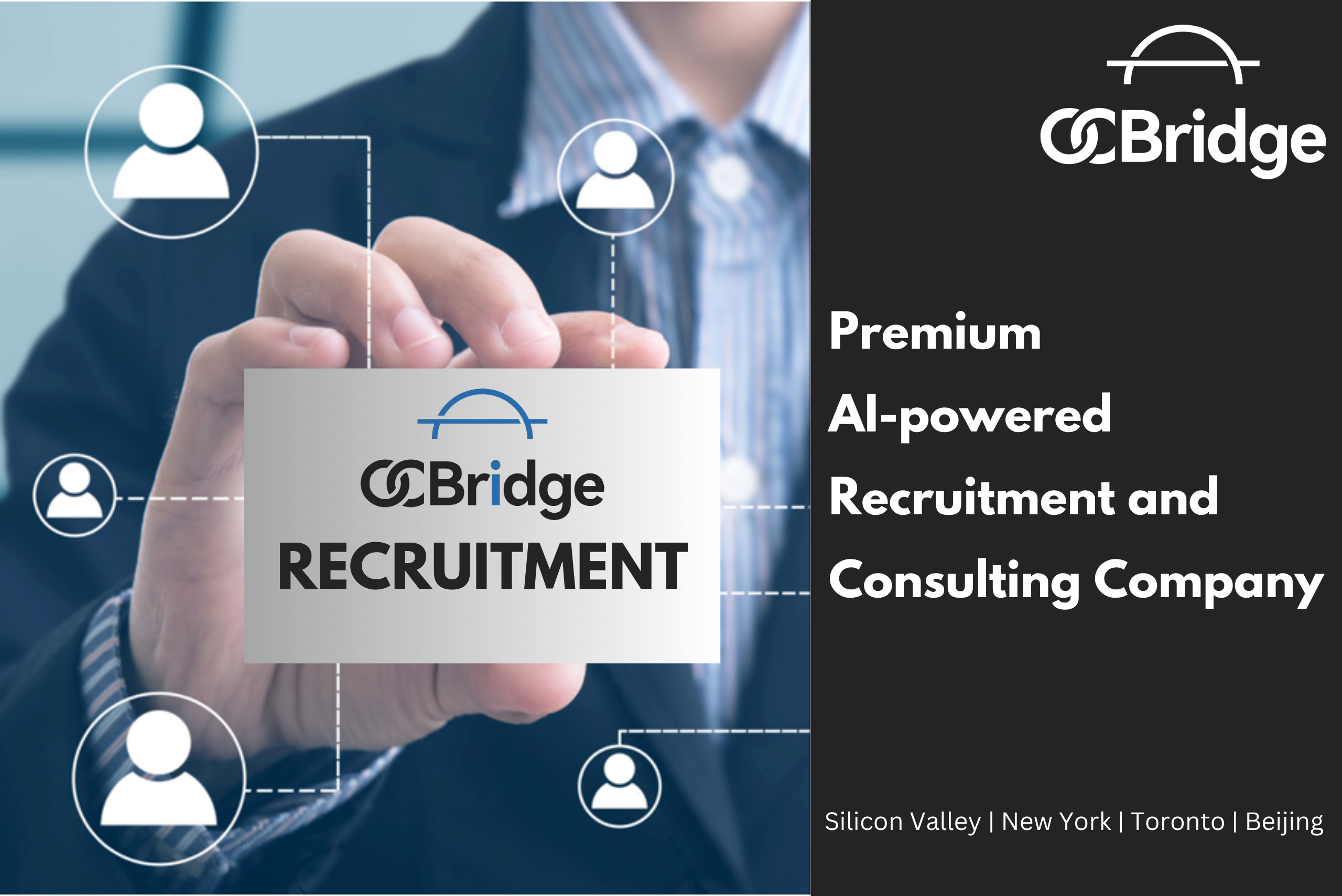Buffett's Insights: AI Impact on Jobs
The rapid advancement of artificial intelligence (AI) technology has become a focal point in discussions about the future of work. At the recent Berkshire Hathaway annual meeting, renowned investor Warren Buffett addressed the implications of AI on the job market, shedding light on both its transformative potential and the profound questions it raises.
Buffett’s “Genie” Analogy
Buffett, known for his cautious approach to investing in unfamiliar territories, likened AI to a “genie” being released from a bottle, drawing parallels to the dawn of nuclear weapons and the unforeseen consequences they brought. Despite his admitted lack of expertise in AI, Buffett acknowledged its profound impact on human-based work and leisure time, highlighting the need for careful consideration of its implications.
Examining Historical Perspectives on Productivity
As AI continues to evolve, questions abound regarding its potential to create vast amounts of leisure time while fundamentally reshaping the nature of work itself. Buffett referenced the insights of economist John Maynard Keynes, who predicted exponential growth in productivity but failed to anticipate how humans would utilize it. This historical perspective underscores the challenges of adapting to technological advancements and their impact on the labor market.
Assessing Recent Productivity
While recent quarters have seen a surge in productivity, fueled in part by AI adoption, experts caution against drawing premature conclusions about its long-term effects. The transition to AI-driven workflows represents a gradual evolution, with companies still in the process of formulating strategies to harness its full potential.
Balancing Technology Efficiency and Human Welfare
Despite concerns about job displacement, Buffett emphasized the importance of striking a balance between technological efficiency and human welfare. Just as with any powerful tool, the responsible integration of AI requires thoughtful consideration of its broader implications.
As we navigate the complex intersection of AI and the job market, Buffett’s insights remind us of the need for cautious optimism and strategic foresight. By approaching AI adoption with a blend of innovation and human-centric values, we can shape a future where technology complements, rather than replaces, the essential role of human labor.
Want to learn more? Check our website and feel free to email us https://www.ocbridge.ai



